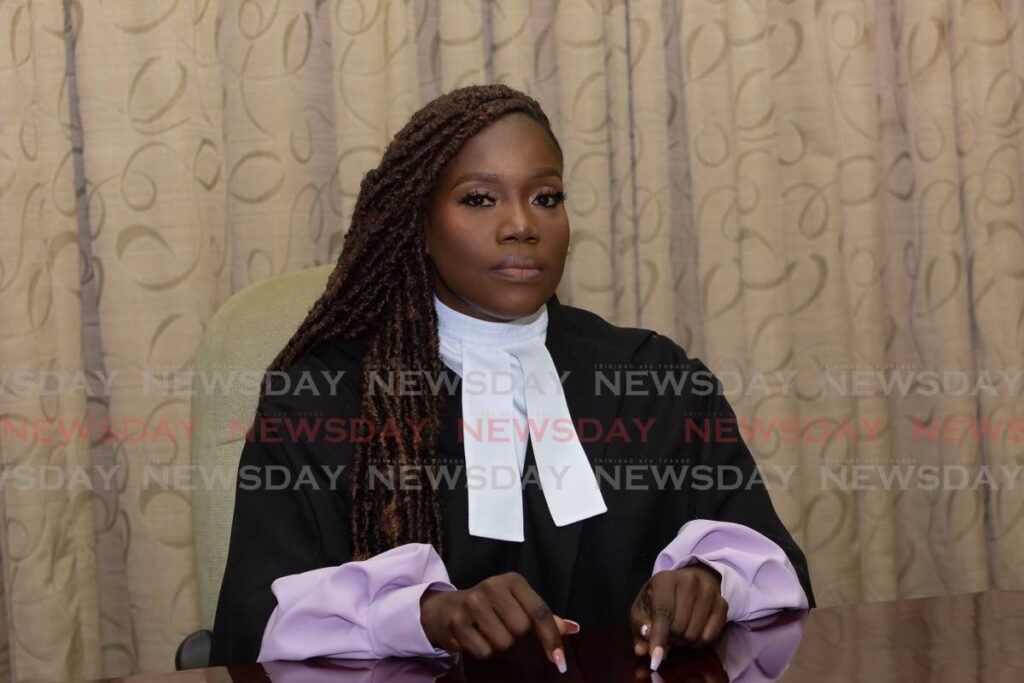The Tobago House of Assembly (THA) is set to make history on November 10 with its inaugural International Men’s Debate at the Assembly Legislature in Scarborough. Scheduled to commence at 10 am, the event will focus on critical issues surrounding mental health and male identity, engaging men and boys from diverse societal sectors to take on the roles of assemblymen and councillors in what promises to be a dynamic and thought-provoking session.
Media professional Akinlabi Holder will assume the role of chief secretary, while Keigon Denoon will serve as minority leader and Akiel Andrews as presiding officer. The event, conceptualized months ago by the Assembly Legislature’s staff, was significantly influenced by Ajay Alleyne, a former Tobago Day youth debater. Justin John, one of the coordinators, highlighted that while the Legislature has historically marked International Women’s Day and hosted youth debates, this marks the first initiative exclusively tailored for men.
THA Presiding Officer Abby Taylor endorsed the concept, paving the way for a structured programme. The response has been overwhelmingly positive, with significant public and staff engagement. John noted that the training sessions revealed stark gender disparities in gender-based programmes, emphasizing the lack of initiatives targeting men in Tobago. While programmes like the Division of Health, Wellness and Social Protection’s Blue Room initiative exist, stakeholder sessions have underscored the need for more equitable attention to men’s issues.
The debate aims to address the challenges men face, including mental health struggles, substance abuse, and societal pressures, particularly in light of recent suicide statistics. Experts from various fields have been enlisted to provide insights and data, revealing alarming trends such as higher male mortality and suicide rates in Trinidad and Tobago. The event also seeks to foster a supportive community for men, encouraging open dialogue and mentorship.
John hopes the debate will inspire policymakers to allocate more resources to gender-based programmes, ensuring equitable funding and support for men’s development. The initiative aspires to create a sustainable, multi-sectoral programme to empower men and boys, equipping them with coping mechanisms and a stronger sense of identity.
